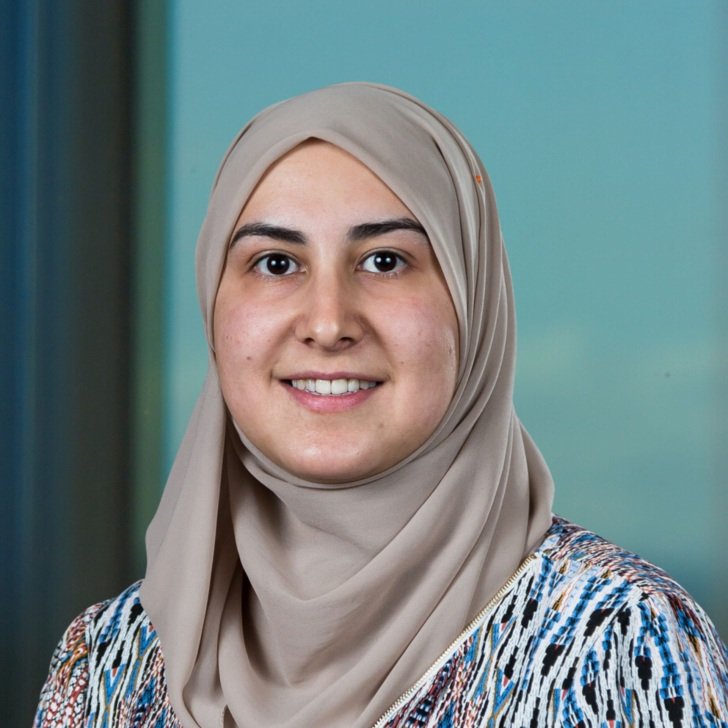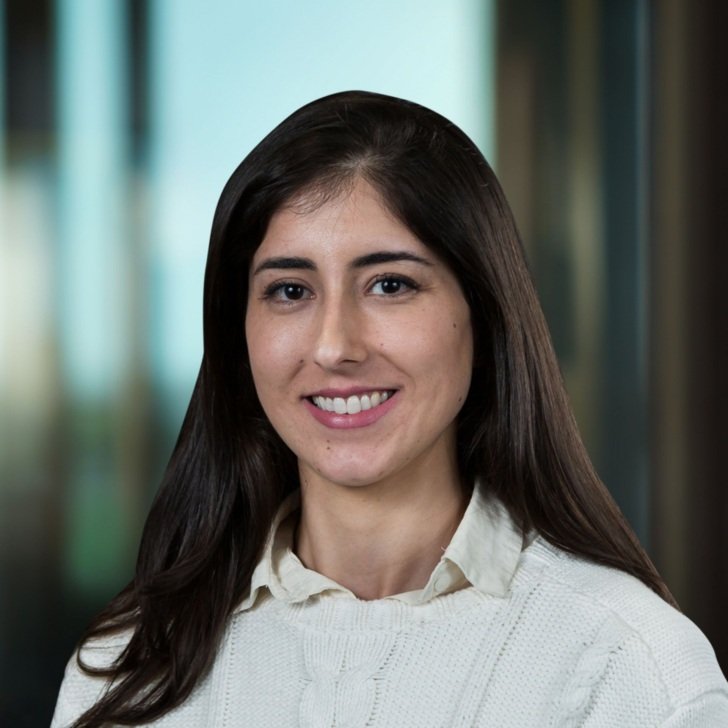
Professor David Abbott PhD
Group Head
Find out more about our individual researchers and research groups. Browse the listings or use the filters to search for researchers, groups, research areas, or search using a keyword.

Group Head

Senior Research Fellow

Group Head

Research Fellow


Research Fellow

Group Head

Research Fellow
The Addiction Neuroscience Group studies how alcohol and other drugs change the brain's chemistry, structure and function.
Learn moreWe use antibody engineering to develop highly specific antibodies against proteins involved in Alzheimer's disease and other dementia related diseases.
Learn moreThe Autonomic Neuroscience Group investigates the groups of brain cells responsible for controlling bodily functions like heart rate and temperature regulation.
Learn moreThe AVERT group works to develop the most effective treatments and environments to maximise recovery in people after stroke.
Learn moreThe Digestive Physiology and Nutrition Group researches digestive physiology and nutrition, including inflammatory bowel disease.
Learn more